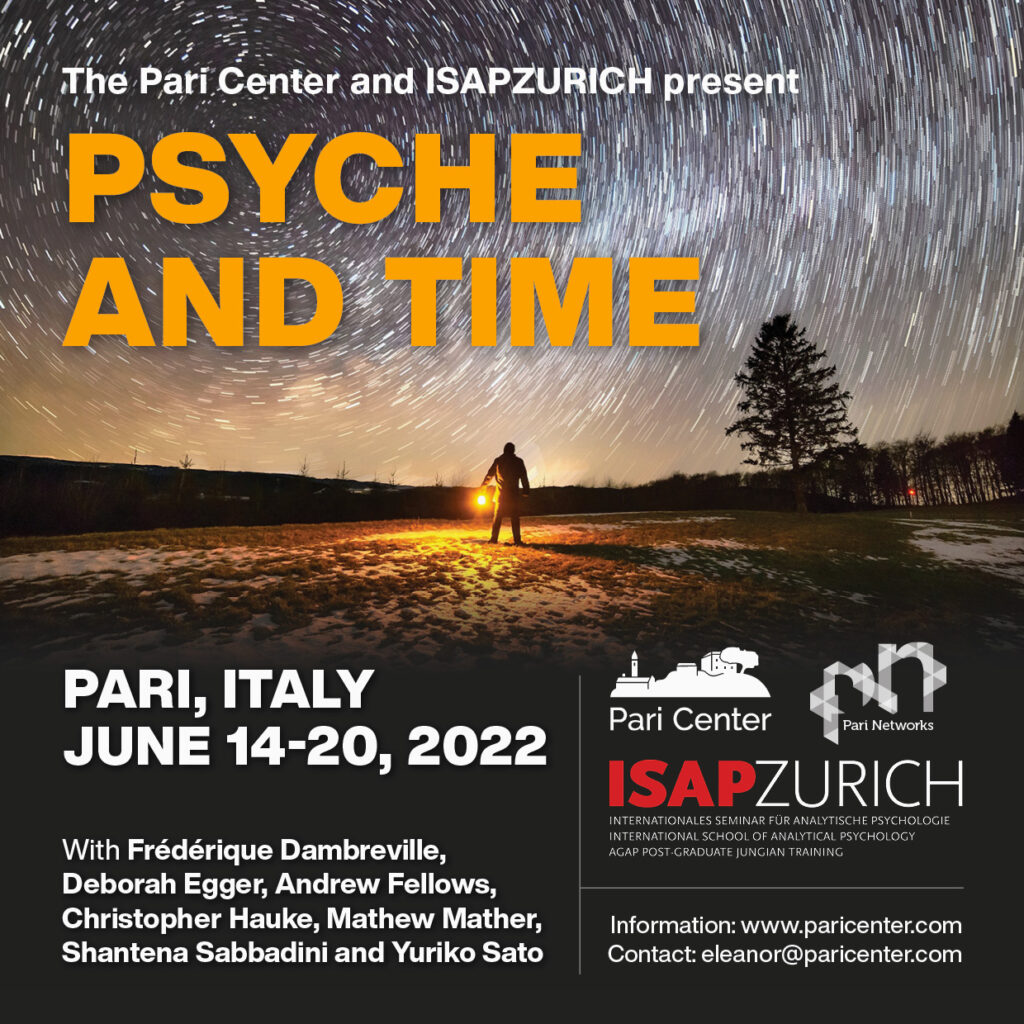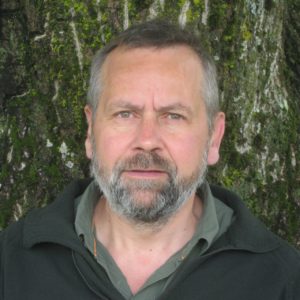Your cart is currently empty!
The Nature of Psyche

This is an excerpt from one of the presentations featured in the Pari Center’s event Psyche and Time, in Pari from June 14 to 20, 2022.
with Andrew Fellows
What, where and when is psyche, and what is its relationship with matter and time? Beginning with Descartes and Spinoza, we will move on to explore these questions from a Jungian perspective. Carl Jung’s theories about the psyche evolved significantly during his long life, so we will focus on his most recent thinking, and especially on the ideas that emerged from his decades of collaboration with the Nobel Laureate theoretical physicist, Wolfgang Pauli. Consciousness per se is, according to philosopher David Chalmers, “the hard problem”. However, it is a relatively small, but important, aspect of Jung’s model, through which we experience not just perceptions, but phenomena such as dreams and complexes that have deeper origins. These lead us beyond the ego to consider the personal and collective unconscious, and fundamental concepts including the archetypes and their manifestations, the psychoid, the Self and the timeless unity of all that is, the unus mundus. Jung’s ontological insights continue to be explored, especially the spontaneous acausal connections between psyche and matter that he and Pauli called synchronicity, and exceptional experiences that appear to violate our conventional understanding of space and time. We will briefly review cutting-edge contemporary research in this area, and more general modern thinking about the mind-matter relationship, from physicalism to dual-aspect monism to idealism. I will present a novel hypothesis about the relationship between the unus mundus and Carlo Rovelli’s commentary on entropy.

Andrew Fellows, PhD, is a classical Jungian Analyst (www.andrewfellows.ch) with private practices in Bern and Zürich, Program Director and Training Analyst at ISAP Zurich, an independent researcher and author, and a deep ecologist. He holds a Doctorate in Applied Physics (Dunelm), and enjoyed two decades of international professional engagement with renewable energy, sustainable development and environmental policy before moving from the U.K. to Switzerland in 2001.
His special interests include the anima mundi, the mid-life transition, and the synergy of Jungian Psychology with the new sciences, notably systems dynamics, Gaia theory, the Pauli-Jung conjecture, Bohm’s implicate order, and theories of nonlocal mind in order to understand and address global collective and environmental problems. He has presented his evolving ideas since 2007 at international conferences in Europe, Japan and the U.S., in addition to teaching at ISAP Zurich.
His first book, Gaia, Psyche and Deep Ecology: Navigating Climate Change in the Anthropocene (Routledge, 2019) was a joint winner of the Scientific & Medical Network 2019 Book Prize. Occasional updates and recommended references are available at the companion website www.irreducible.world. Andrew’s personal passions include nature, mountains and music, and he lives over three thousand feet above sea level in rural Switzerland without a car.
